https://www.heidelbergmaterials.us
300 East John Carpenter Freeway
Irving
TX 75062
USA
Phone: 972-653-5500
Displaying 6 Live course(s).
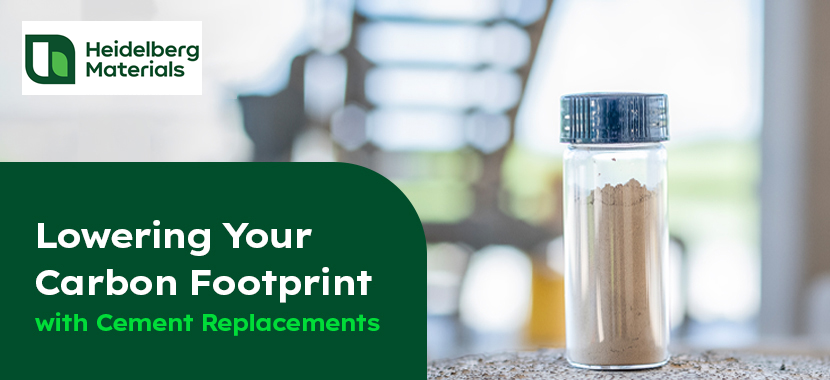
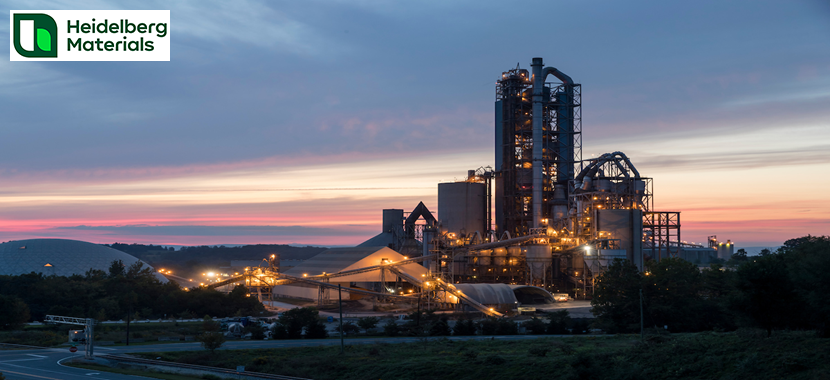
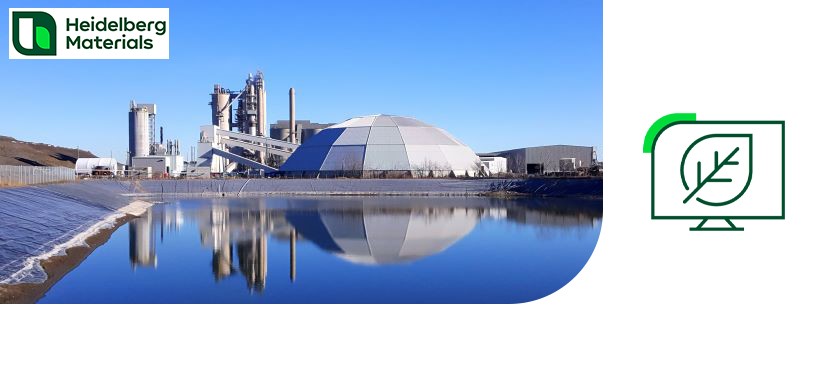
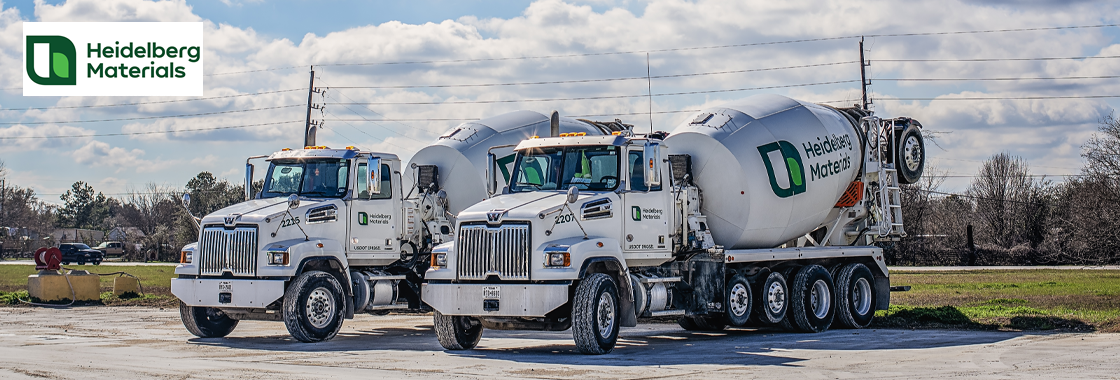
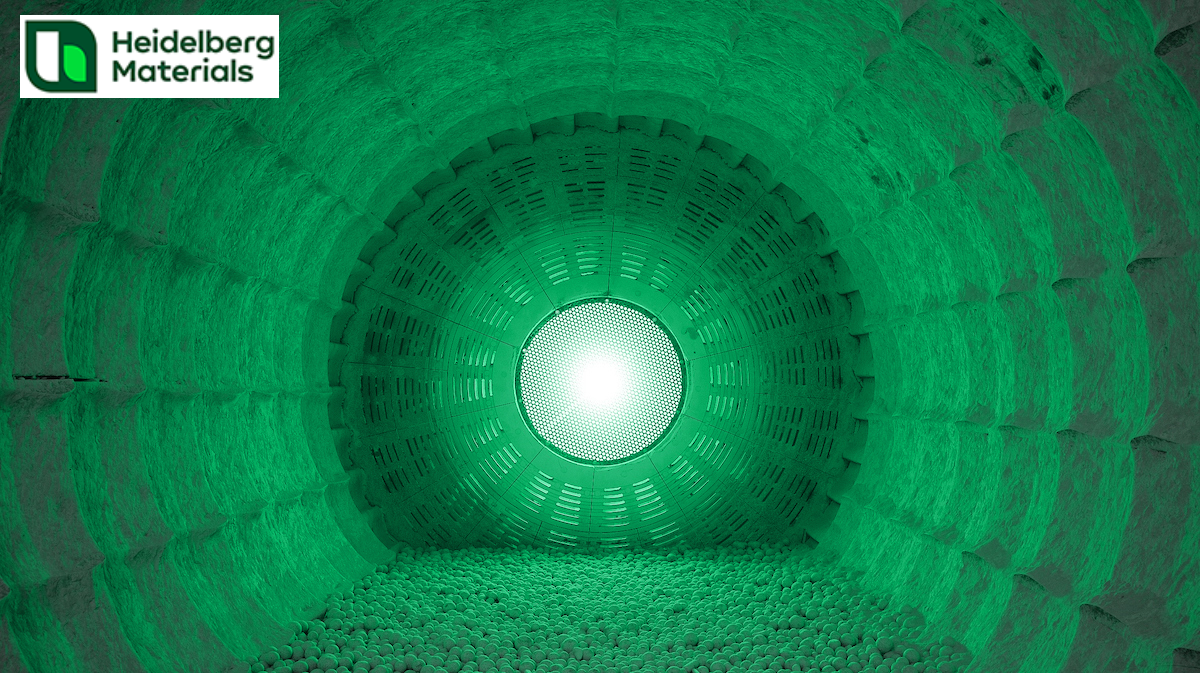
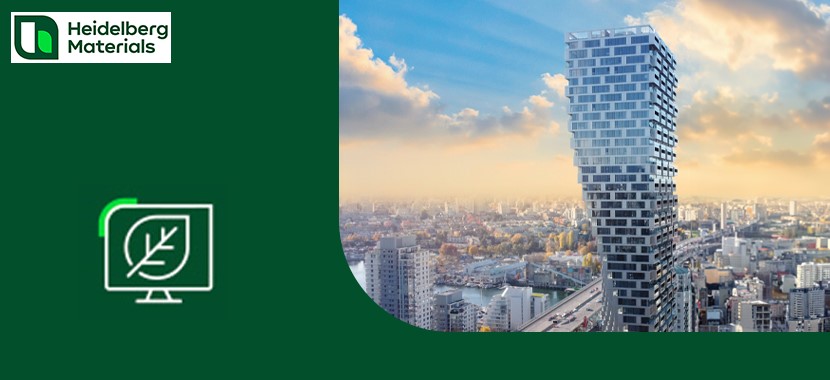
Scan this code with your mobile device camera to take this page on-the-go!

https://redirect.aecdaily.com/s5654/www.aecdaily.com/course/1114877
 This session will provide an overview of the practices taken by Heidelberg Materials and other heavy building materials suppliers to reduce the carbon intensity of their cement and concrete products. The sustainable and low carbon benefits of these practices and details regarding the production and use of these materials will be explained. The presentation will also provide guidance for optimizing the use of recycled concrete and achieving carbon reductions with concrete, as well as best practices for specifying and procuring these products while meeting performance expectations.
This session will provide an overview of the practices taken by Heidelberg Materials and other heavy building materials suppliers to reduce the carbon intensity of their cement and concrete products. The sustainable and low carbon benefits of these practices and details regarding the production and use of these materials will be explained. The presentation will also provide guidance for optimizing the use of recycled concrete and achieving carbon reductions with concrete, as well as best practices for specifying and procuring these products while meeting performance expectations.
There doesn't seem to be any scheduled live events for this course. REQUEST one at a convenient time and location for you.
Scan this code with your mobile device camera to take this page on-the-go!

https://redirect.aecdaily.com/s5654/www.aecdaily.com/course/1080462
 This course starts with a discussion of the basic material science of concrete, its ingredients, and the protective gear needed for safe handling. It covers the environmental impact of carbon emissions related to the material, the industry’s Roadmap to Net Zero Concrete and its published commitments to address those impacts. The course presents real-life examples of how to reduce the environmental footprint of concrete, including using specific materials and techniques during project planning, design, and construction. It also discusses binder options like LC2, LC3, and other blended cement products that help cut embodied carbon in concrete. Information is given on slag cement, coal combustion products, both fresh fly ash and beneficiated reclaimed ash, natural pozzolans, and other established and newly developed supplementary cementitious materials. Lastly, the course will discuss established and emerging Carbon Sequestration and Carbon Capture Utilization and Storage (CCUS) strategies and detail their role in decarbonating concrete construction and what designers, and other stakeholders can do to promote these technologies.
This course starts with a discussion of the basic material science of concrete, its ingredients, and the protective gear needed for safe handling. It covers the environmental impact of carbon emissions related to the material, the industry’s Roadmap to Net Zero Concrete and its published commitments to address those impacts. The course presents real-life examples of how to reduce the environmental footprint of concrete, including using specific materials and techniques during project planning, design, and construction. It also discusses binder options like LC2, LC3, and other blended cement products that help cut embodied carbon in concrete. Information is given on slag cement, coal combustion products, both fresh fly ash and beneficiated reclaimed ash, natural pozzolans, and other established and newly developed supplementary cementitious materials. Lastly, the course will discuss established and emerging Carbon Sequestration and Carbon Capture Utilization and Storage (CCUS) strategies and detail their role in decarbonating concrete construction and what designers, and other stakeholders can do to promote these technologies.
There doesn't seem to be any scheduled live events for this course. REQUEST one at a convenient time and location for you.
Scan this code with your mobile device camera to take this page on-the-go!

https://redirect.aecdaily.com/s5654/www.aecdaily.com/course/1135514
 As the most widely used building material, concrete contributes significantly to manmade global carbon emissions, around 8%. Portland and Portland Limestone Cements are the primary source for the CO2 emissions associated with concrete. Cement replacements are an important and powerful tool to lower the carbon footprint of the mixes used on your projects. This session will explain how Supplementary Cementitious Materials (SCMs) are used in concrete mixes to reduce carbon contents. New and traditional SCMs will be detailed and SCM Environmental Product Declarations (EPDs) will be referenced to highlight why they are considered vital tools in the production of low carbon concrete. The course will also explain the multiple benefits of using SCMs in relation to concrete strength, durability, and utility across a wide variety of project applications.
As the most widely used building material, concrete contributes significantly to manmade global carbon emissions, around 8%. Portland and Portland Limestone Cements are the primary source for the CO2 emissions associated with concrete. Cement replacements are an important and powerful tool to lower the carbon footprint of the mixes used on your projects. This session will explain how Supplementary Cementitious Materials (SCMs) are used in concrete mixes to reduce carbon contents. New and traditional SCMs will be detailed and SCM Environmental Product Declarations (EPDs) will be referenced to highlight why they are considered vital tools in the production of low carbon concrete. The course will also explain the multiple benefits of using SCMs in relation to concrete strength, durability, and utility across a wide variety of project applications.
There doesn't seem to be any scheduled live events for this course. REQUEST one at a convenient time and location for you.
Scan this code with your mobile device camera to take this page on-the-go!

https://redirect.aecdaily.com/s5654/www.aecdaily.com/course/1142165
 This session will provide an overview of the practices Heidelberg Materials is implementing to reduce the carbon intensity of the cement and concrete products we produce. The sustainable and low carbon benefits of these practices and details regarding the production and use of these materials will be explained. The presentation will also provide case study information for projects which have successfully reduced the Scope 3 emissions for project owners to assist in meeting their green building and sustainability goals. It will highlight best practices for specifying and procuring low carbon materials while meeting performance expectations.
This session will provide an overview of the practices Heidelberg Materials is implementing to reduce the carbon intensity of the cement and concrete products we produce. The sustainable and low carbon benefits of these practices and details regarding the production and use of these materials will be explained. The presentation will also provide case study information for projects which have successfully reduced the Scope 3 emissions for project owners to assist in meeting their green building and sustainability goals. It will highlight best practices for specifying and procuring low carbon materials while meeting performance expectations.
There doesn't seem to be any scheduled live events for this course. REQUEST one at a convenient time and location for you.
Scan this code with your mobile device camera to take this page on-the-go!

https://redirect.aecdaily.com/s5654/www.aecdaily.com/course/1085836
 This course starts with a review of safety procedures associated with cement and concrete and the protective gear needed for safe handling. It explains the environmental impact of carbon emissions related to concrete production and reports on the industry’s Roadmap to Net Zero Concrete. Attendees will learn the benefits of using ash in concrete and the difference between “fresh” or production ash with harvested material and review various beneficiation techniques being used to transform non-specification coal ash into high-quality SCM’s. It will include a discussion of the Thermal Beneficiation process and how this technology supports the circular economy and enables Low Carbon Concrete mixes. Commercial scale Net Zero Concrete will ultimately only be possible through the use of Carbon Capture Utilization and Storage (CCUS) strategies. This course will explain how the most viable of these technologies will be used to provide full scale cement decarbonation and concrete mixes with net zero embodied carbon without offsets. It will walk through the technology that makes this possible and how the carbon savings afforded by CCUS are represented in Life Cycle Inventories to achieve Net Zero embodied carbon concrete mixes. Specifiers and designers will be given details for their role in decarbonating future concrete construction and what they and other stakeholders can do to promote these technologies.
This course starts with a review of safety procedures associated with cement and concrete and the protective gear needed for safe handling. It explains the environmental impact of carbon emissions related to concrete production and reports on the industry’s Roadmap to Net Zero Concrete. Attendees will learn the benefits of using ash in concrete and the difference between “fresh” or production ash with harvested material and review various beneficiation techniques being used to transform non-specification coal ash into high-quality SCM’s. It will include a discussion of the Thermal Beneficiation process and how this technology supports the circular economy and enables Low Carbon Concrete mixes. Commercial scale Net Zero Concrete will ultimately only be possible through the use of Carbon Capture Utilization and Storage (CCUS) strategies. This course will explain how the most viable of these technologies will be used to provide full scale cement decarbonation and concrete mixes with net zero embodied carbon without offsets. It will walk through the technology that makes this possible and how the carbon savings afforded by CCUS are represented in Life Cycle Inventories to achieve Net Zero embodied carbon concrete mixes. Specifiers and designers will be given details for their role in decarbonating future concrete construction and what they and other stakeholders can do to promote these technologies.
There doesn't seem to be any scheduled live events for this course. REQUEST one at a convenient time and location for you.
Scan this code with your mobile device camera to take this page on-the-go!

https://redirect.aecdaily.com/s5654/www.aecdaily.com/course/1103685
 Concrete is the most widely used building material on earth. Because of its extensive application, it is important to address the environmental impacts associated with this product. Slag cement is an important material in the effort to produce more sustainable concrete here in North America and beyond. This widely available, reliable supplementary cementitious material provides significant reductions in carbon emissions on a pound for pound basis when compared to Portland or Portland Limestone Cements. This course explains what slag is, how it is used, and why it is considered a vital tool in the production of low carbon concrete. It will review details from slag cement Environmental Product Declarations and show how it can lower the carbon impact of concrete mixtures. It will also explain multiple benefits of using slag cement in relation to concrete strength, durability, and utility across a wide variety of project applications.
Concrete is the most widely used building material on earth. Because of its extensive application, it is important to address the environmental impacts associated with this product. Slag cement is an important material in the effort to produce more sustainable concrete here in North America and beyond. This widely available, reliable supplementary cementitious material provides significant reductions in carbon emissions on a pound for pound basis when compared to Portland or Portland Limestone Cements. This course explains what slag is, how it is used, and why it is considered a vital tool in the production of low carbon concrete. It will review details from slag cement Environmental Product Declarations and show how it can lower the carbon impact of concrete mixtures. It will also explain multiple benefits of using slag cement in relation to concrete strength, durability, and utility across a wide variety of project applications.
There doesn't seem to be any scheduled live events for this course. REQUEST one at a convenient time and location for you.
Displaying 6 Live course(s).